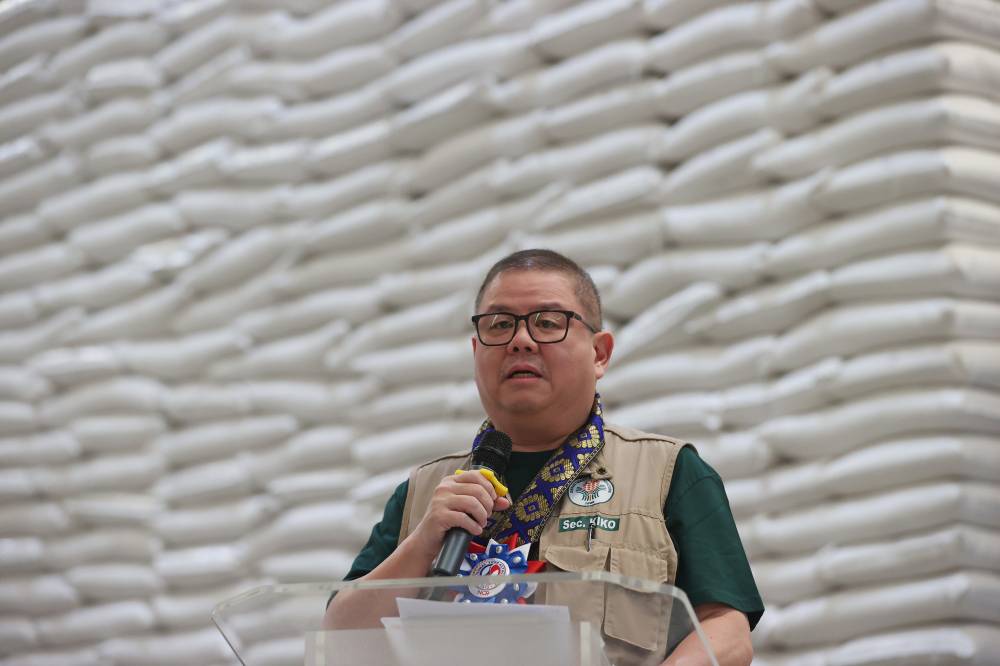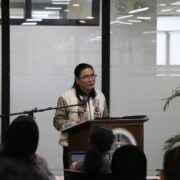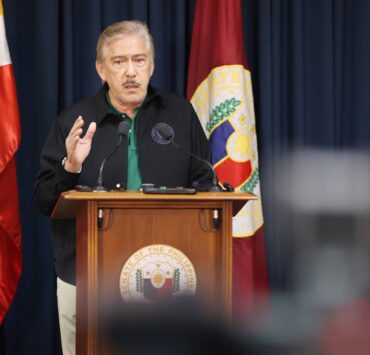Fishing magnate at agri dep’t tries hands at farm road building, too

The Department of Agriculture (DA) on Friday morning vowed to take charge of farm-to-market road (FMR) projects, instead of leaving them to the care of the Department of Public Works and Highways (DPWH).
Speaking at the Senate hearing on the proposed 2026 funding of the DA and its attached agencies, Agriculture Secretary Francisco Tiu Laurel Jr. said it would be better for his agency to handle the projects to prevent losing the budget allocated for it.
“At the last Senate hearing on the DA’s 2026 budget, we were issued a direct challenge: To take charge of farm-to-market road projects ourselves, rather than leave them in the hands of the DPWH,” he told lawmakers.
“The concern, as rightly pointed out by the committee chair, lies in the troubling pattern of overpricing and alleged corruption in past infrastructure efforts,” said Laurel, former president of Frabelle Fishing Corp.
He said instinct, at present, steers the DA clear, to play it safe, but he said there is no more time to hesitate.
“The Senate has drawn the line: Take on the task or lose the budget. And so, after consultation with the DA family, we rise to meet the moment,” said Laurel.
In explaining his decision, the secretary said FMRs are important, not only for farmers but also to the agriculture sector.
“For the people, we will turn our back on the challenge of the times,” said Laurel. He, however, maintained that they will not handle it alone, but will do it with the help of local governments, who “know their communities best.”
“We will bring in farmers’ groups, whose livelihoods depend on these roads. And we will enlist independent auditors and third-party surveyors, of course, those who are reputable, to ensure every peso serves its true purpose,” said Laurel.
“If we’re going to build roads, they must lead to farms, not fraud,” he noted.
Sen. Sherwin Gatchalian earlier revealed that over P10 billion worth of FMRs programmed under the 2023 and 2024 national budgets have been “extremely overpriced.”
One project, for example, cost 23 times more than the standard price set by the DPWH, while others saw markups of up to 70 percent, further bloating the project cost.
Laurel, meanwhile, said the DPWH set a P15,000 per meter standard cost for FMRs, but this could go as low as P10,000 if the “30 percent” markup was trimmed.

















